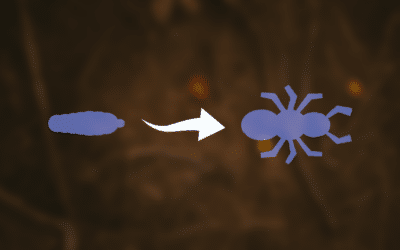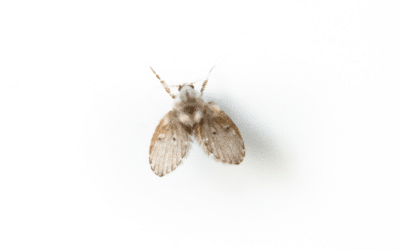Termites are one of the most destructive pests in the world. Each year, they cause billions of dollars in damage to homes and other structures. They’re especially fond of wood, but they’ll also eat paper, insulation, drywall, and anything else that contains cellulose.
If you have termites in your home, it’s important to get rid of them as soon as possible. Otherwise, they’ll continue to cause damage.
Here are a few things you should know about termites:
1. There are three main types of termites: subterranean, dry wood, and damp wood.
2. Subterranean termites are the most common type in the United States. They live in colonies underground and build mud tunnels to reach above-ground food sources.
3. Drywood termites are less common than subterranean termites, but they’re still a major problem. They live in wood rather than soil and don’t need contact with the ground to survive.
4. Dampwood termites are the least common type of termite, but they can cause serious damage. They live in wood that’s been damaged by moisture and don’t need contact with the ground to survive.
5. Termites are often mistaken for ants. The best way to tell them apart is by looking at their wings. Termites have two pairs of wings that are equal in size, while ants have one pair of wings that’s larger than the other.
6. Termites are a problem all over the world, but they’re especially common in warm, humid climates.
7. If you think you have termites, it’s important to call an exterminator immediately. They can quickly cause a lot of damage to your home.
How Do I Know if I Have Termites?
The first step in prevention is to be on alert for termites. Termites rarely emerge from the soil, mud tubes, or food sources through which they are tunneling. Most people are not aware they have termites until they see a swarm or come across damage during construction. Some of the ways to discover if you have termites are:
- Look for mud tubes with small, creamy-white insects, similar to the photo above. Think of these mud tubes as their beehive, one that inches closer and close to your exposed wood!
2. The EPA recommends you probe exposed wood for hollow spots with a flat-head screwdriver.
3. Identify termite swarms, which are sometimes mistaken for ant swarms.
4. Stuck doors or windows. Does your door not open or shut as easily as it used to? That is a common sign you have termites. As they feed they’ll distort the integrity of your doors and windows.
5. Damaged paint or wallpaper. Termites are commonly found during a renovation project and that’s because they are good at hiding behind your paint jobs. However, with a keen eye, you can be able to look at the paint on your wall and know if termites have been there or not. Things you’ll want to look out for include:
- Small pinholes where termites have eaten through
- Bubbling paint
- Peeling or discolored wallpaper
- Buckling wood
- Dented or sunken areas
- Narrow, sunken winding lines
If you’re concerned about termites, there are a few things you can do to prevent them:
1. Get rid of wood that’s touching your house. Termites like to build their nests in wood that’s in contact with the ground. If you have firewood, lumber, or other wood materials near your house, make sure they’re not touching the building.
2. Reduce moisture around your home. Termites are attracted to dampness, so it’s important to keep your home dry. Fix any leaks and make sure gutters are clear so they don’t collect water near your foundation.
3. Remove anything that might attract termites. Don’t store paper products, cardboard boxes, or other cellulose materials in your garage or basement. And be sure to get rid of any wood that’s been damaged by water.
If you have termites, it’s important to act quickly. The longer you wait, the more damage they’ll do. Call us as soon as you suspect you have a problem, and let the professionals handle it. Meers Pest Solutions has 50 years of knowledge to help control your pests at home or at your office. If you’re in West Texas and have an infestation of spiders, insects, rodents or any other pest, visit our website or give us a call at 806.745.3738.




